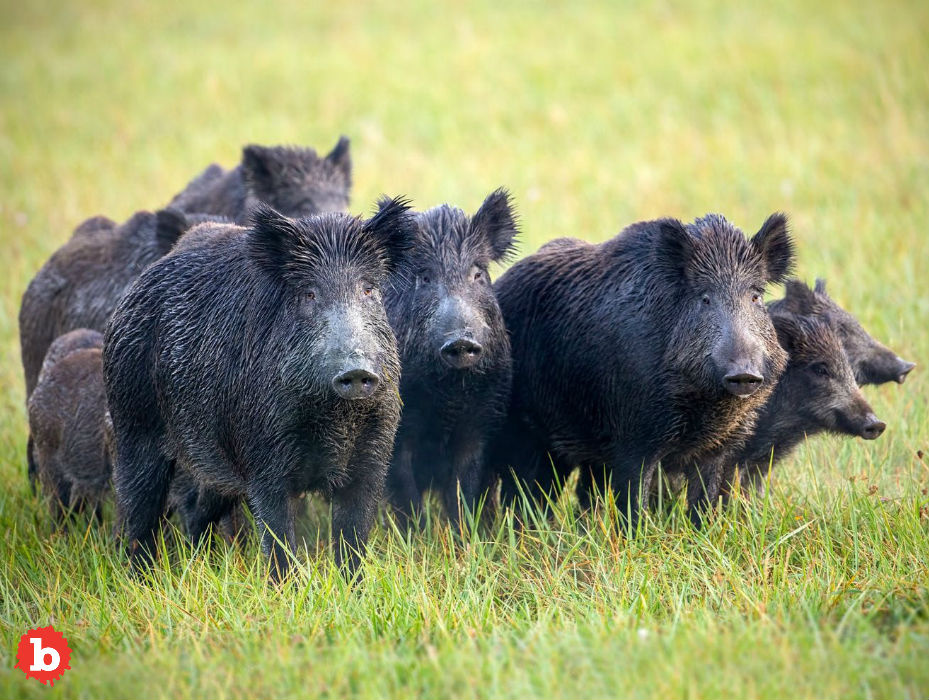TRUMP ADMIN, EPA AUTHORIZE USE OF CYANIDE BOMBS TO KILL WILD HOGS
News these days is hog wild. And I mean that. But what about wild hogs? They can be some mean sons of bitches. You don’t want to mess with them, like ever. But they do have to be dealt with. Currently, there’s a batch of these little mean bastards running around Arkansas. The group, supposedly numbering 30-50, have been damaging properties and are a threat to people. So what’s the answer? Well, Trump’s EPA has just approved the use of cyanide bombs to kill them.
Read More: Judge Forces Deer Poacher to Watch Bambi Over and Over Again
WILDLIFE SERVICES USE THESE BOMBS TO KILL WILD ANIMALS, BUT THEY KILL INDISCRIMINATELY
No, you didn’t blink and read wrong. Cyanide bombs. What could go wrong? Well, a lot actually. These bombs are traps, actually. But these M-44 traps often kill with friendly fire, so to speak. Wildlife Services have been using them to kill wild animals like coyotes and foxes in recent years. They are spring loaded traps that spray sodium cyanide when something triggers them. But they have ended up killing other things. In 2018, Wildlife Services report these traps killed 6,500 wild animals. So what else have they killed?
Related:
https://www.theblot.com/rabid-no-west-virginia-had-shitfaced-drunk-raccoon-scare/
CYANIDE BOMBS HAVE KILLED PETS, AND INJURED AT LEAST ONE HIKING TEEN
That same year, they killed 200 other animals, like pets and endangered species. That seems pretty indiscriminate, right? But in 2017 an Idaho teenager set one off while he was out hiking with his dog. The bomb killed his dog in an instant and injured the teen pretty badly as well. When the teen’s parents sued, several environmental groups did the same. But that just caused Wildlife Services to suspend using the traps in Colorado and Idaho. So what now? Now we’re gonna use these things to kill wild hogs in Arkansas. Don’t you feel better? So much for the Arkansas Razorbacks. Even better? Wildlife Services will finish their final review of these cyanide bombs in 2021, even as they continue to put us all at risk.






